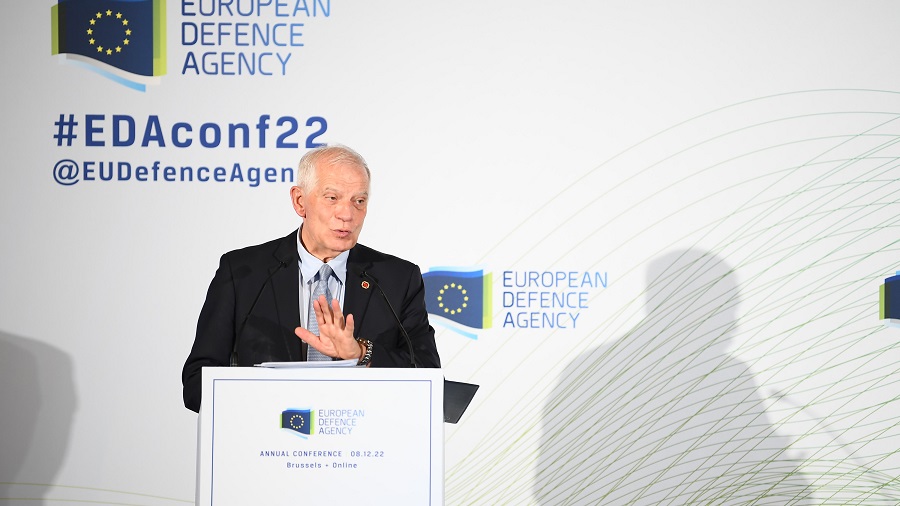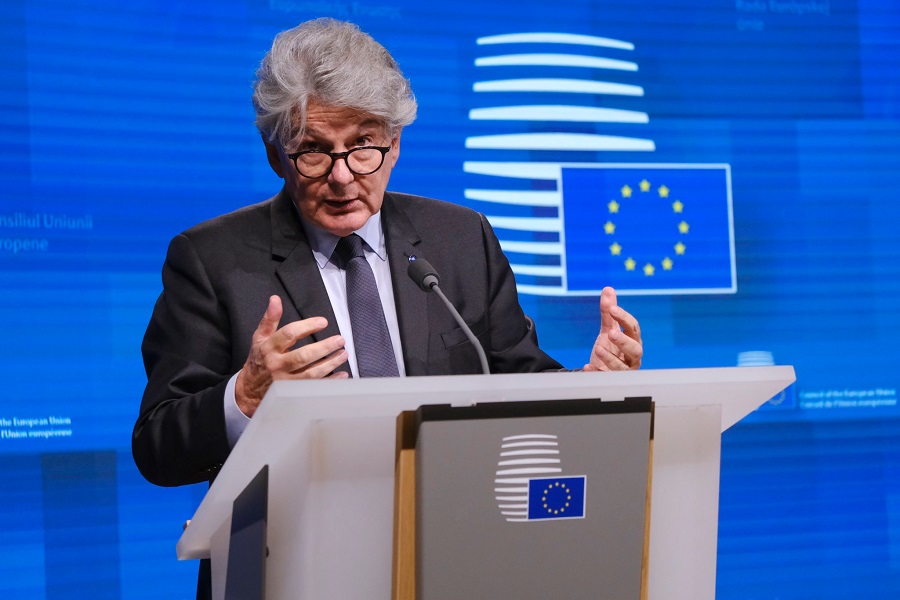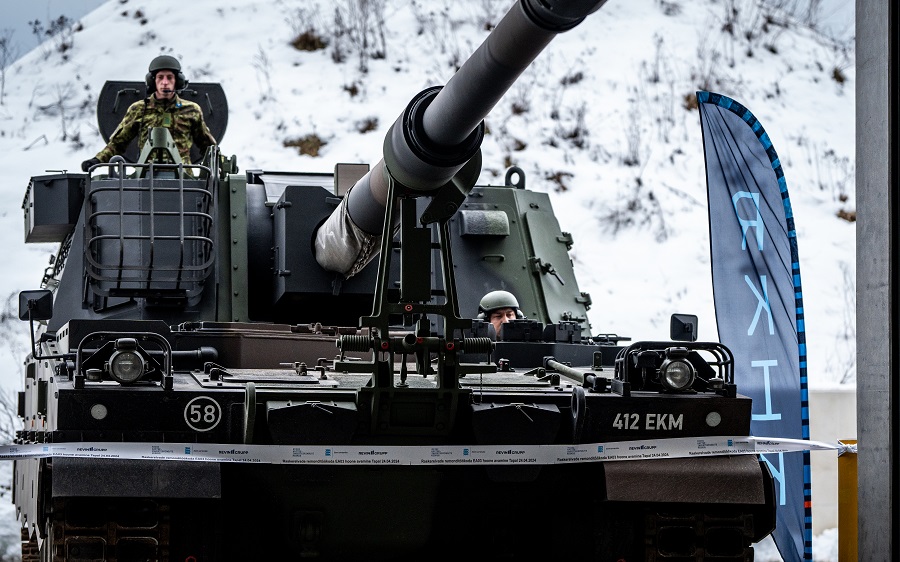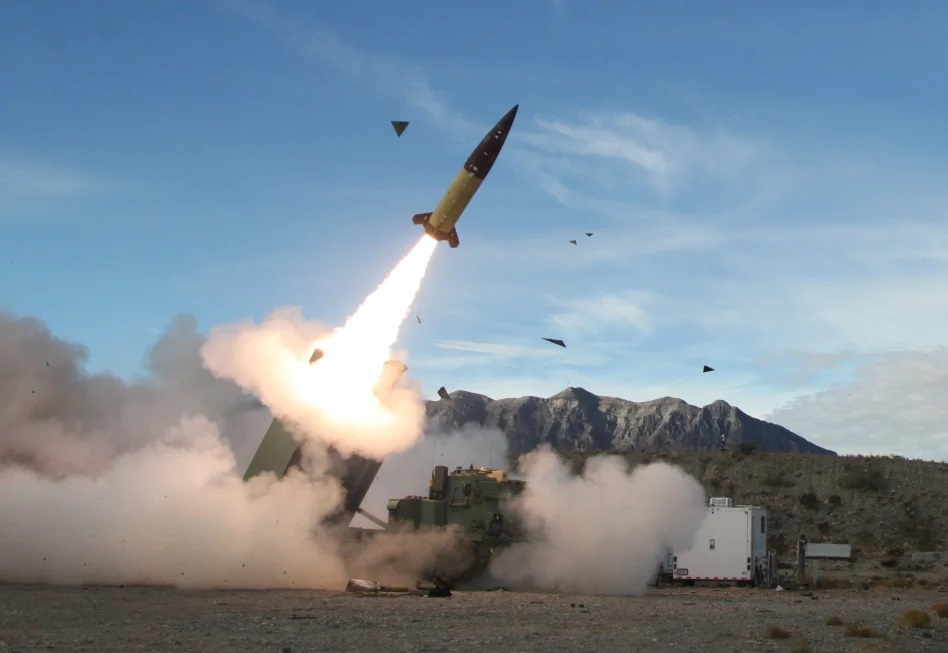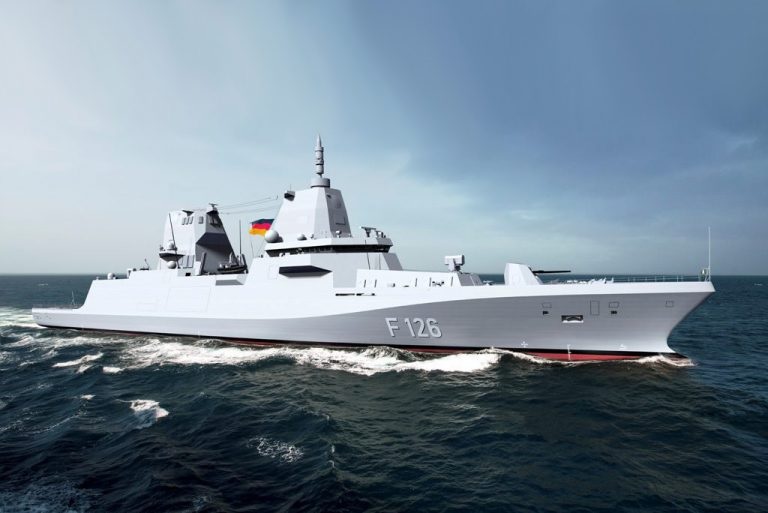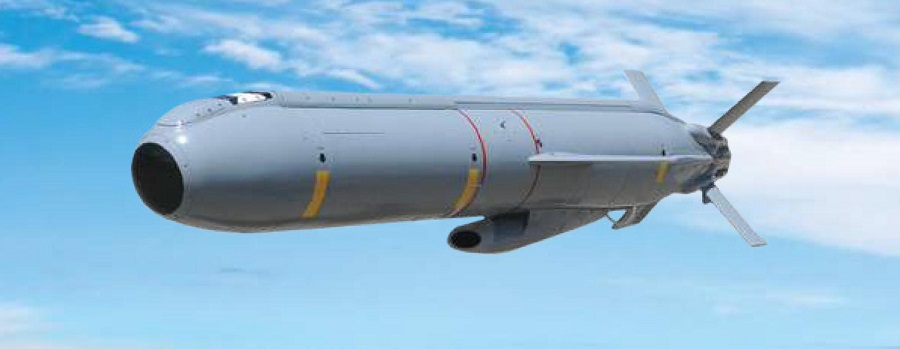The Strategy is a direct implementation of the EU Strategic Compass adopted less than a year ago and which defined space, together with cyber and maritime, as contested strategic domains, the security of which must be ensured. It provides for a set of actions covering the following strands.
Shared understanding of space threats
The Strategy outlines the counterspace capabilities and main threats in space that put at risk space systems and their ground infrastructure, building on a common definition of the space domain. To increase the common understanding of threats across Member States, the High Representative will prepare a classified annual space threat landscape analysis at EU level, drawing on Member States´ intelligence.
Resilience and protection of space systems and services in the EU
The Strategy proposes actions to strengthen the resilience and protection of space systems and services in the EU. For this purpose, the Commission will:
- Consider proposing an EU Space Law to provide a common framework for security, safety, and sustainability in Space, that would ensure a consistent and EU-wide approach.
- Set up an Information Sharing and Analysis Centre (ISAC) to raise awareness and facilitate exchange of best practices among commercial and relevant public entities on resilience measures for space capabilities.
- Launch preparatory work to ensure long-term EU autonomous access to space, addressing in particular the security and defence needs.
- Enhance the technological sovereignty of the EU by reducing strategic dependencies and ensuring security of supply for space and defence, in close coordination with the European Defence Agency and the European Space Agency.
Responding to space threats
The strategy outlines concrete measures to mobilise relevant EU tools to respond to space threats, including to:
- Expand the existing space threat response mechanism, which is currently used for the protection of Galileo to all space systems and services in the EU.
- Better detect and identify space objects via access to space domain awareness information through relevant national space commands, to characterise inappropriate behaviours in orbit and protect EU assets.
- Carry out space exercises, including with partners, to test and develop further the EU’s response to space threats and explore solidarity mechanisms.
Use of space for security and defence
The Strategy proposes to maximise the use of space for security and defence purposes. The development of dual-use services requires to take into account defence requirements when preparing the evolution of the EU space programmes. The Strategy proposes to:
- Launch two pilot projects one to test the delivery of initial space domain awareness services building upon capacities of Member States, and a second one to test a new earth observation governmental service as part of the evolution of Copernicus.
- Better connect space, defence and security at EU level and ensure synergies and cross-fertilisation, notably in terms of research and development.
- Propose concrete measures to foster collaborative work between space and defence start-ups
- Enhance skills related to the development of space services for security and defence.
Partnering for responsible behaviours in space
The EU will strengthen its engagement in multilateral fora and promote norms, rules, and principles of responsible behaviours in outer space through concrete and pragmatic steps. The Strategy will deepen existing space security cooperation, in particular with the United States, and expand exchanges with other partners, including NATO, as well as other like-minded countries.
Next Steps
The Commission and the High Representative will soon present to Member States initial steps for the way forward in implementing the strategy. The Commission and the High Representative will report to the Council on a yearly basis on the progress achieved and potential further actions.
Background
Last year, EU leaders identified space as a strategic domain in the Strategic Compass and called for an EU Space Strategy for Security and Defence.
More information: Joint Communication on an EU Space Strategy for Security and Defence.




